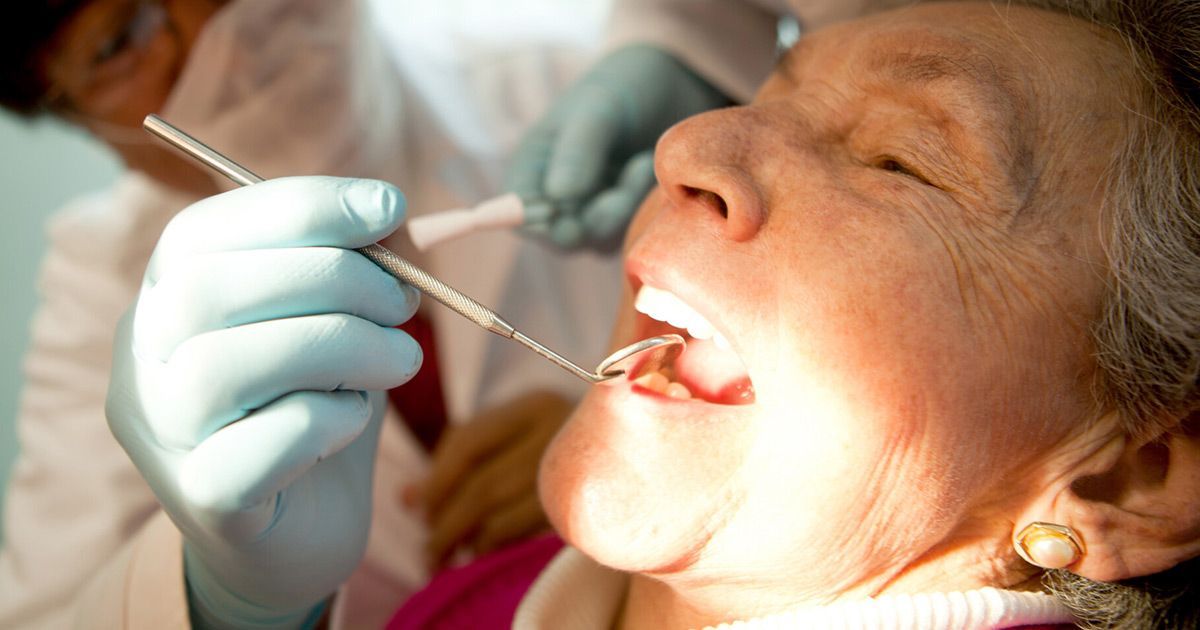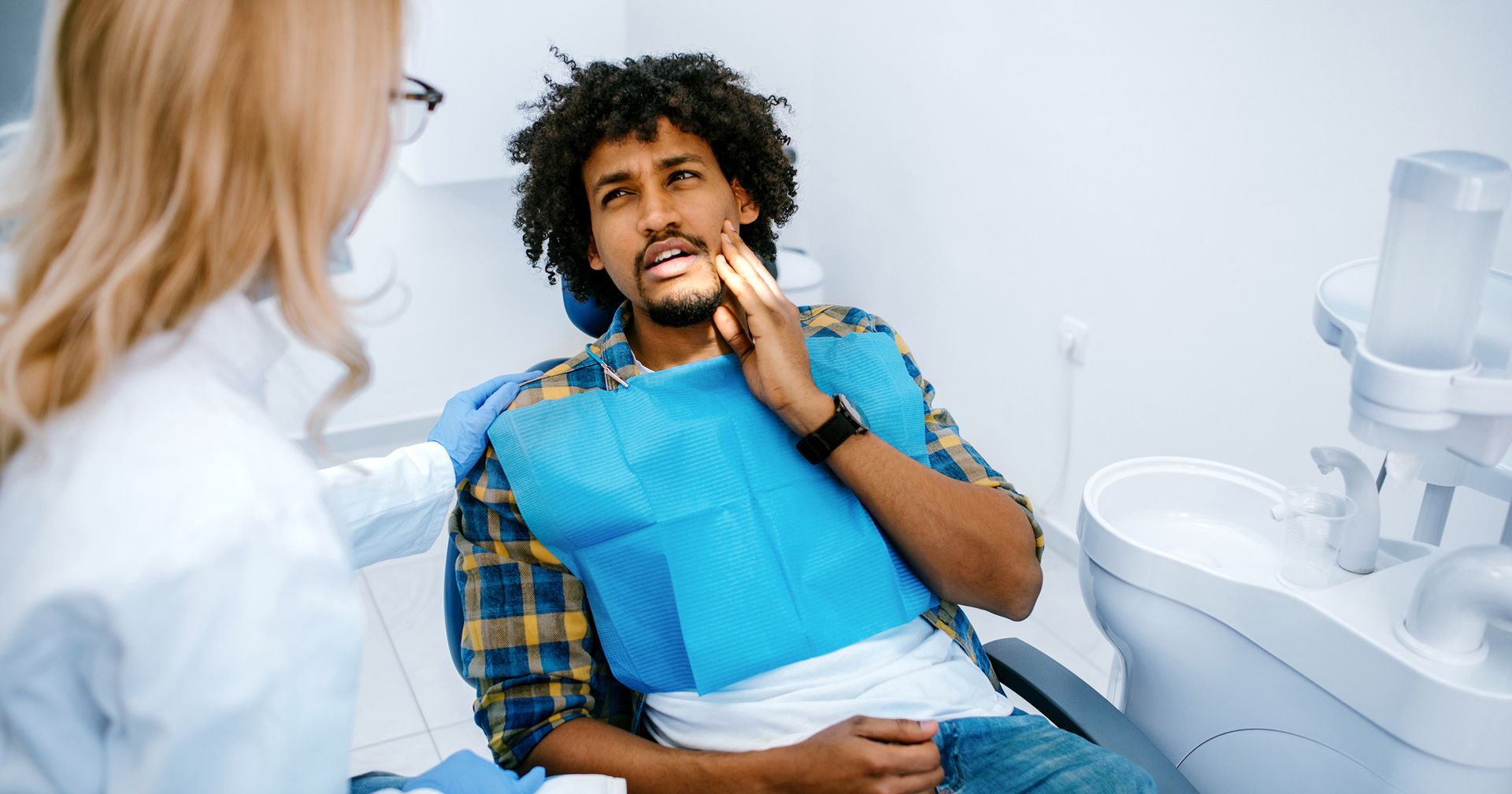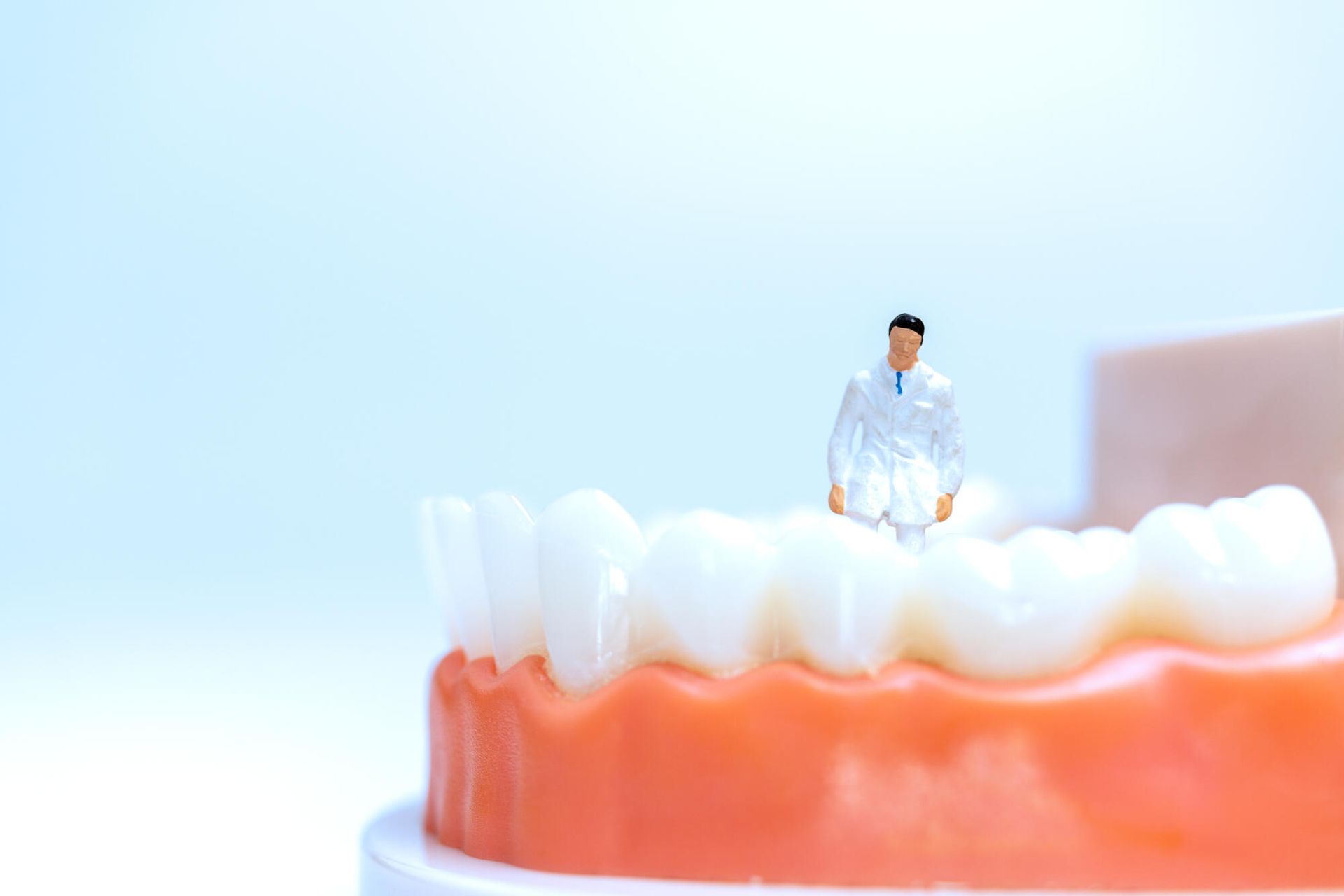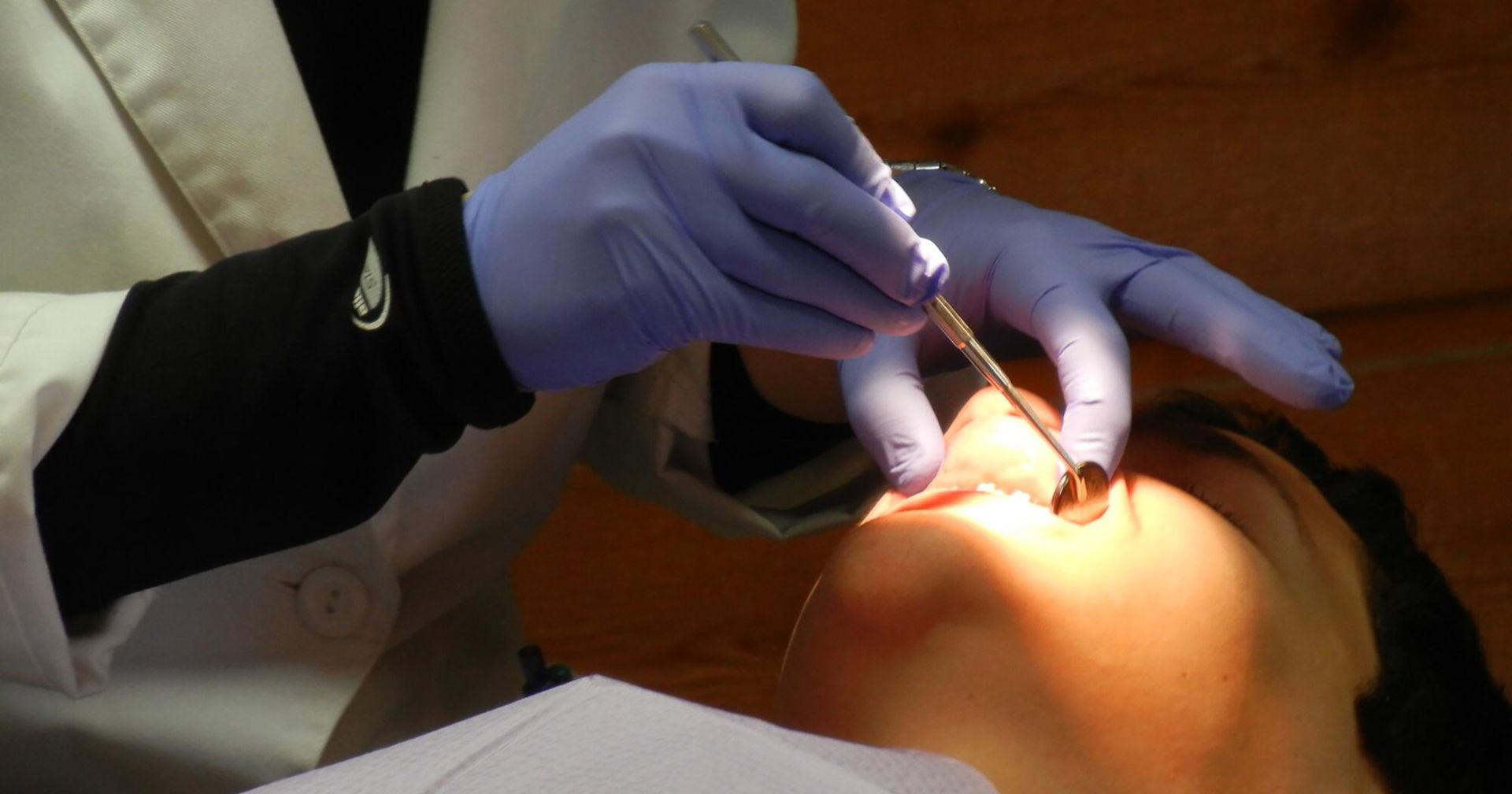Everyone dreads dealing with a dental emergency. Below is a guide to emergency dentistry in Columbia, MD to find out your dental care options.
Do your gums bleed every time you brush and floss? Maybe you have a chipped tooth or pus growing on your gums. These problems won't go away on their own.
Instead, request emergency dentistry in Columbia, MD right away. Hesitating to seek treatment could lead to complications.
Not sure how to spot dental emergencies? Read on for the signs you need to visit your local dental practice right away!
Severe Toothaches
A toothache may seem like a minor issue. Unfortunately, tooth pain and discomfort could point to a bigger problem. For example, you may experience tooth pain due to:
- A wisdom tooth erupting
- Eating something hard
- Objects caught under your gums
- Lost fillings
- A chipped tooth
- Improper use of your teeth to open objects
- Tooth extraction surgery
- A sporting or car accident
- An abscess or infection
- Tooth decay or dying pulp
If your tooth pain persists, call your Columbia dentist right away. Visiting your dentist will allow them to determine the root cause of your symptoms. They can decide the proper course of treatment before there are complications.
In the meantime, take care of your oral health. Clear bacteria from your mouth by rinsing it with a warm saltwater solution.
Add half a teaspoon of salt to an eight-ounce glance of warm water. Swish the solution in your mouth for 30 seconds before spitting it out.
Make sure there aren't food particles or bacteria between your teeth. Floss daily to remove food particles from your mouth before plaque forms. Plaque can release acid, causing tooth decay and painful symptoms.
Let your dentist know if your toothache is accompanied by swelling. Facial swelling could indicate you have a tooth abscess. The infection can spread through your bloodstream, compromising your overall health.
If you don't seek treatment, you could develop mediastinitis from a descending infection. The infection could spread to your brain, increasing your
mortality rate to 40%.
Dental Trauma
You could knock out, chip, or crack a tooth after a car or sporting accident. Oro-dental trauma means you've damaged your oral cavity, teeth, or mouth. About one billion people worldwide experience oro-dental trauma annually.
Visit your Columbia emergency dentist right away if you're in an accident. They'll determine the proper course of treatment based on your situation.
For example, perhaps you have a cracked tooth. If pieces broke off your tooth, save them. Rinse them under water and bring them to your appointment.
Check your teeth and gums for signs of bleeding. If the area is bleeding, apply gauze to the injury.
Let your dentist know if you experience pain and swelling. You can apply a cold compress to your cheek. Make sure to wrap the compress in a towel to avoid direct contact.
If you knock out a tooth, hold it by the crown. Rinse the tooth off using water. Don't remove any tissue fragments that are clinging to the tooth.
If you can, put the tooth back into its socket. If it doesn't stay in place, put the tooth in a container of milk.
Visit your dentist as soon as possible. If they can't replace the tooth, they may recommend a dental implant procedure.
A Lost Crown or Filling
An oro-dental trauma could cause you to lose a crown or filling. It's also normal for old dental restorations to fall out on their own.
If you lose a filling, stick sugarless gum into the cavity or use over-the-counter dental cement to keep it in place. Let your dentist know as soon as possible.
They can replace the restoration if necessary.
If you delay seeking treatment, your surrounding teeth may move toward the gap in your smile. Your teeth may appear crooked. It's more difficult to chew with crooked teeth.
It's also easier to knock out a crooked tooth. Don't delay seeking treatment.
Infected Gums
Make sure to brush twice a day and floss daily. Otherwise, food particles can mix with bacteria, leading to plaque formation. Plaque can increase your risk of tooth decay and gum disease.
In its early stages, gum disease can cause bleeding gums, sensitivity, and pain. If you delay treatment, inflammation can spread. Your gums may appear red, swollen, and tender.
You may notice a change in how your teeth fit together (malocclusion) or pain when chewing. Pus can form between your teeth and gums. Your teeth may also feel loose or fall out.
Visit your dentist right away. They can treat your gum disease while it's still in its early stages.
Otherwise, your
risk of stroke, lung disease, diabetes, and heart disease may increase. The infection could spread throughout your body.
An Abscessed Tooth
A tooth abscess is an infection that can grow around the root of a tooth. You may also develop an abscess between your gums and teeth.
It's important to seek treatment before the abscess damages soft tissue. Let your dentist know if you experience pain and swelling. Swelling could indicate a severe infection (which can spread).
While waiting to see your Columbia dentist, rinse your mouth out using a saltwater solution. Rinsing with saltwater could draw pus toward the surface.
During your appointment, your dentist can make an incision into your gum tissue to drain the abscess. They'll clear away the infection before it gets the chance to spread.
Delaying treatment will allow the infection to spread into your bloodstream. You could develop a life-threatening condition like sepsis. Your risk of organ failure and even death could increase.
Broken Orthodontics
If you're currently receiving orthodontic treatment, it's important to keep your orthodontics in the best possible shape. Otherwise, they won't draw your teeth into the proper alignment. You could delay your treatment plan.
Let your dentist know if you've broken your metal braces. For example, perhaps a wire is poking into your gums and cheeks. You could damage the inside of your mouth if you don't request help.
Request Emergency Dentistry in Columbia, MD
Don't hesitate to request emergency dentistry in Columbia, MD. Treatment can help you avoid complications. Instead, you can improve your oral and overall health with quick dental care.
Need to visit your local dental practice right away? Look no further than Smile Savers Dentistry.
We aim to provide expert dental treatment and individualized care. Benefit from our 30 years of industry experience. Contact us now to schedule your appointment.




















